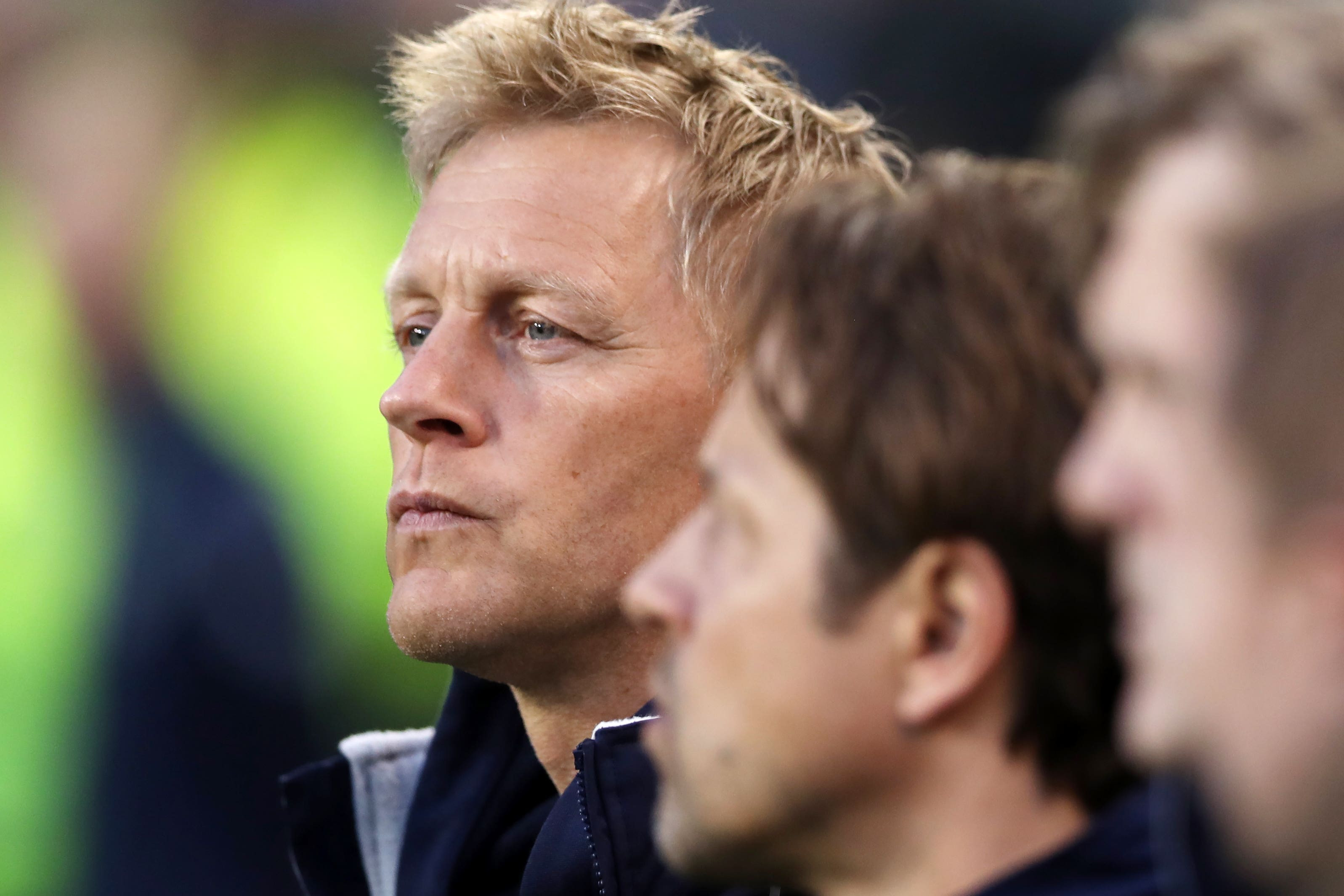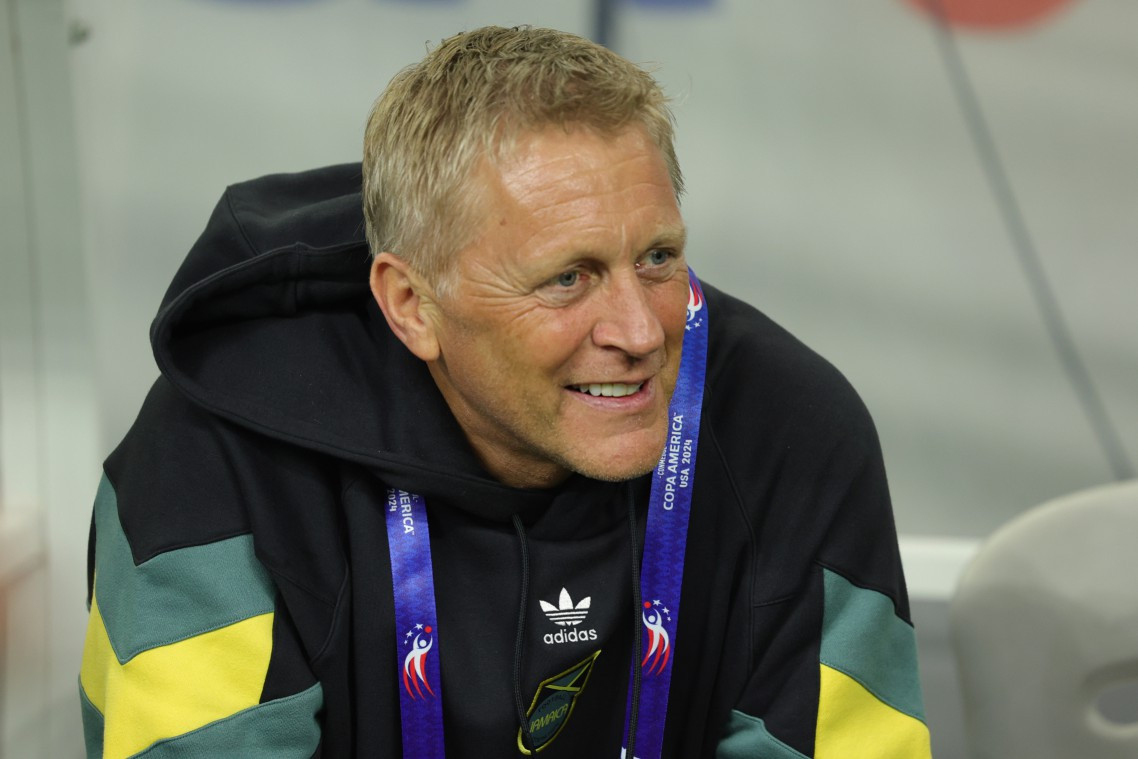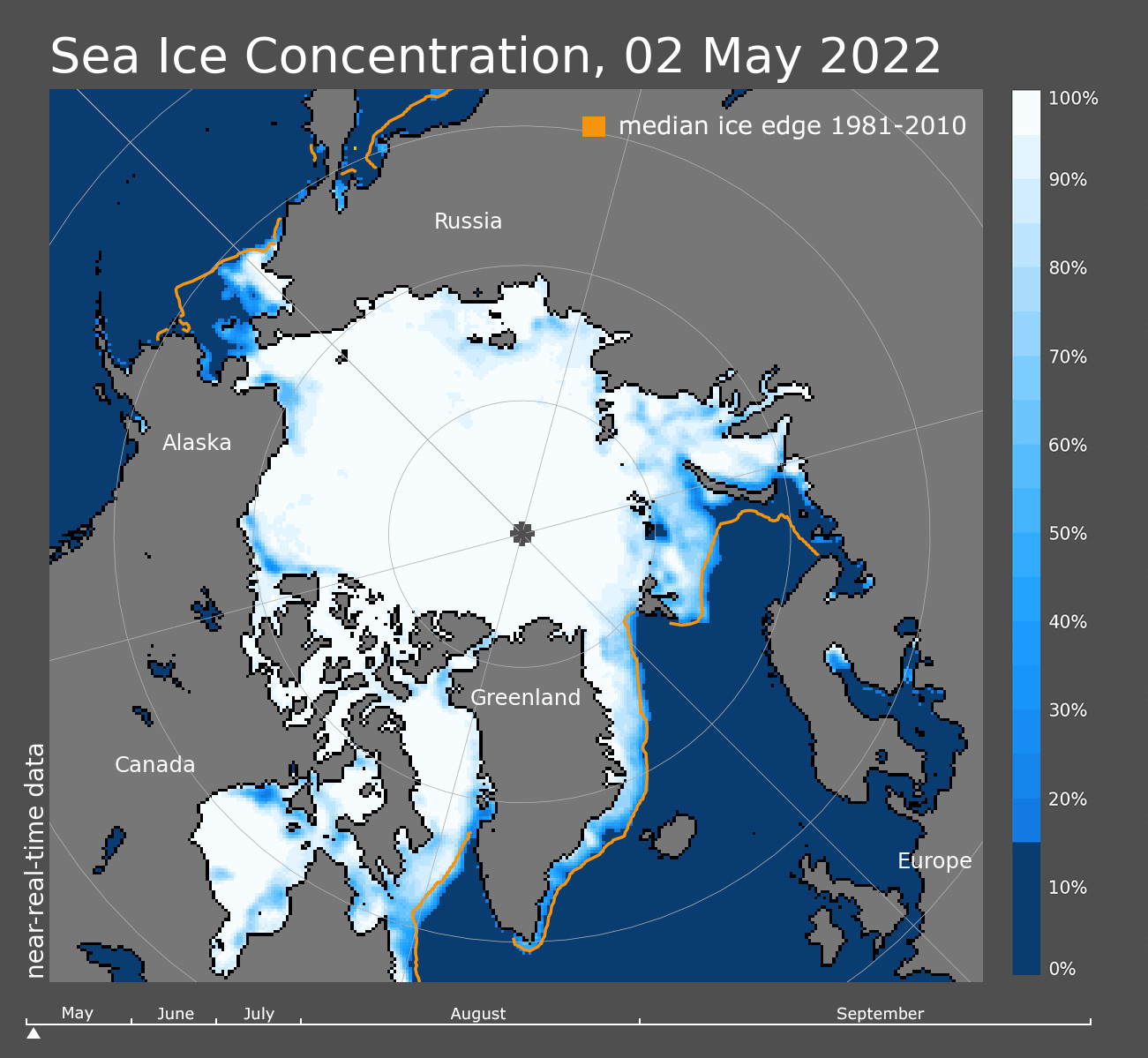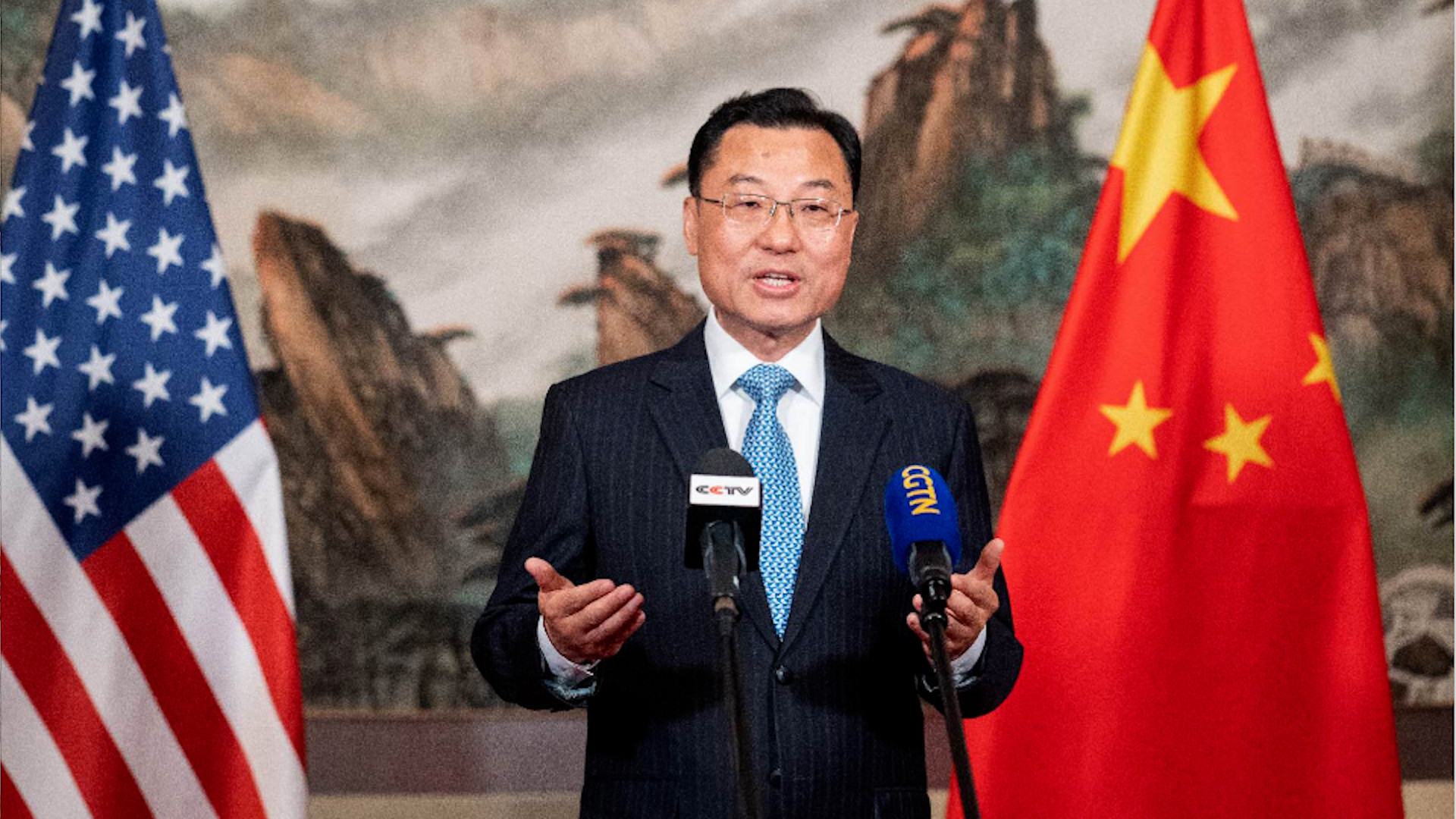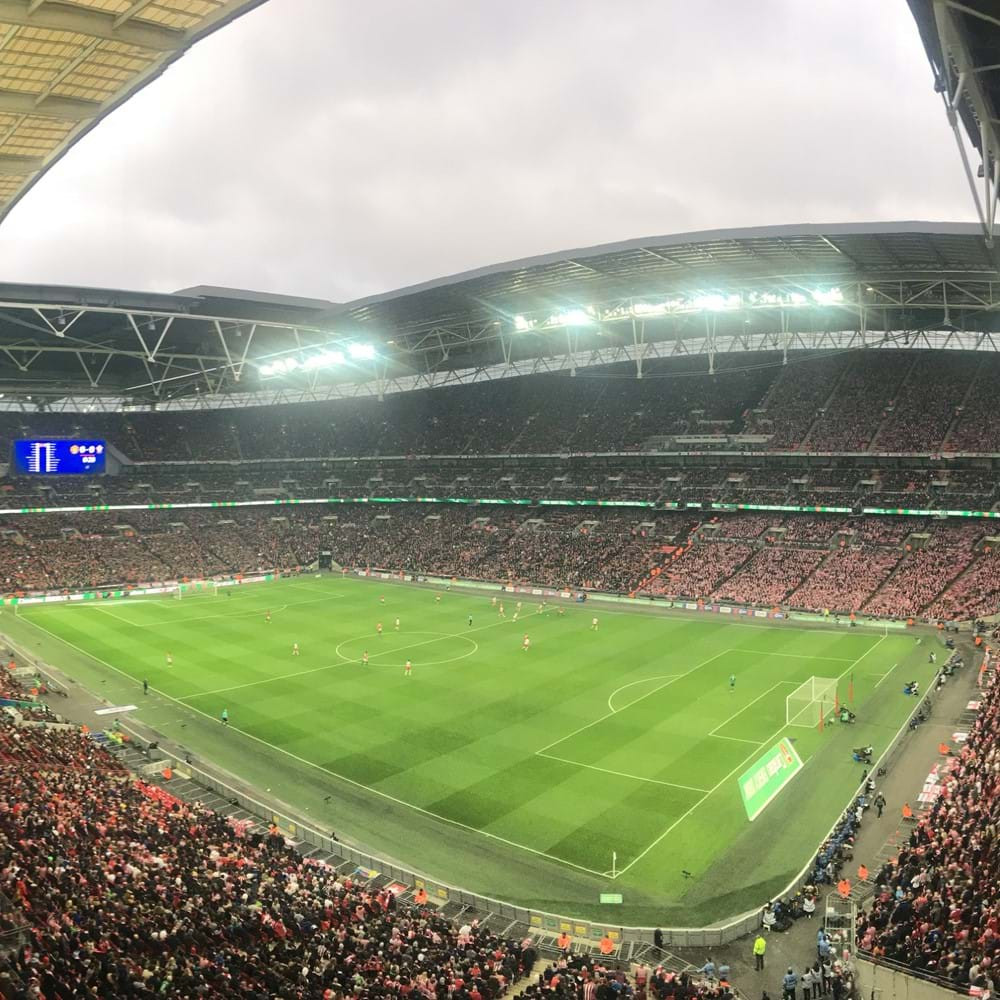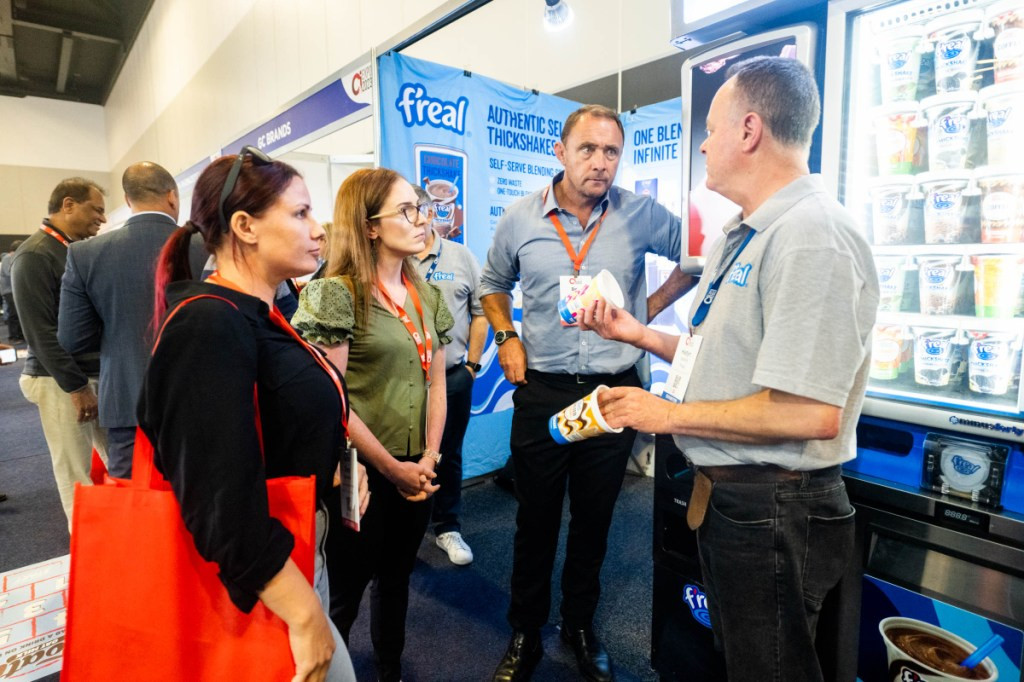When the press release was finally issued eight months after Stephen Kenny’s departure, most Republic of Ireland fans expected John O’Shea to get the nod. The former Ireland international had been in interim charge for four friendlies in the wake ofKenny’s November exit and had done reasonably well against nations off to Euro 2024. Kenny’s Ireland had not come within an ass’s roar of getting to that tournament having failed to take a point from opposition more exalted than Gibraltar in the qualifiers, and its final was played four days after the Football Association of Ireland’s big reveal: O’Shea had been overlooked in favour of a far-from marquee signing in the form of an Icelandic dentist by the name of Heimir Hallgrímsson, who many Irish people had never heard of.
An Icelandic what? Heimir who? The catastrophic state in which the FAI’s coffers were left after years of mismanagement by John Delaney, their former chief executive, meant the organisation he quit in September 2019 would always be shopping for Kenny’s replacement in the bargain aisle. Even so, the familiarity of many of the old faces who lined its shelves smacked of a serious lack of imagination. Although Gus Poyet, Roy Keane, Neil Lennon and Steve Bruce may never have been serious contenders, their names were linked and hugely underwhelmed most who heard them. The reported hot pursuit of Willy Sagnol and Lee Carsley left Ireland fans nonplussed, even if the former proved to be one of the great characters of Euro 2024 as he oversaw Georgia’s riotous white-knuckle ride to the last 16. Carsley, reported to be the FAI’s first choice, will also be standing in a technical area at the Aviva Stadium on Saturday.
The resignation in April of Delaney’s full-time successor, Jonathan Hill, after an expenses scandal, had further eroded already low public confidence in the FAI’s ability to focus on appointing a decent manager of the men’s national team. In David Courell, it is employing its fifth interim CEO in five years and since December assorted figures within the organisation have been hauled before a series of government committees and inquiries to prove it is fit for purpose. It would not be unkind to suggest that many of those pleading its case have been far from convincing.
A few days before the appointment of Hallgrímsson, the FAI was forced to deal with another crisis when Courell faced the media to apologise on behalf of his employers to female players who felt sexually harassed and coerced by two coaches in allegations dating back to the 1990s. The FAI says it continues to assist the appropriate authorities in their ongoing inquiries.
The insistence by Marc Canham, the FAI’s director of football, that Hallgrímsson had been his first choice was greeted with scepticism but he may have hit the jackpot in appointing a man who was literally keeping his hand in as a dentist when, in partnership with his Swedish sidekick Lars Lagerbäck, he steered Iceland to victory over England in the knockout stages of Euro 2016. Two years later, Hallgrímsson was in sole charge when he took Iceland to Russia for their first appearance at a World Cup. He has since spent time in charge of the Qatari club Al-Arabi and left his post as Jamaica’s manager to take the Ireland job after the Reggae Boyz failed to get out of their group at this summer’s Copa América.
While with Jamaica, he was criticised for appearing to empathise with Mason Greenwood, who had been mooted as a potential call-up by the head of the football federation. Hallgrímsson’s remarks were raised at his opening press conference in Dublin, where he faced the questions calmly and head on. “I tried to kind of avoid [the subject] but without saying nothing,” he said, playing a fairly straight if unconvincing bat. “I never needed to decide if [Greenwood] would be selected or not but in the context of what was happening I needed to react.”
Wherever the 57-year-old was on Ireland’s shortlist, he may prove an inspired appointment. A man with vast experience in maximising the talent of fairly average international squads bereft of superstars, he takes on a job where fan expectation could scarcely be lower. Ireland supporters, renowned for the gaiety they add to international tournaments, are in dire need of the kind of pick-me-up their manager has a proven track record of delivering in near-identical circumstances.
“If you look at the Euros, everything is achievable,” he said in an interview with RTE. “You’ve seen nations that probably nobody expected to succeed – nations like Georgia, Slovenia and Slovakia – doing really well. With a good team spirit, good teamwork, hard work, focus, discipline, everything is achievable in football today and the gap between the best nations and the others is always getting smaller and smaller.”
Hallgrímsson has relocated to Dublin and become a visible presence at local matches, despite the negligible amount of players the League of Ireland contributes to the national team. He has also retained the commendably ego-free O’Shea as his assistant and is keen to play down the significance of Ireland’s looming Nations League match against England despite the historical enmity between the sides.
On the floor and going nowhere fast is the current prognosis for an Ireland side packed with competent players but extremely light on stardust. You could say they are not dissimilar to an Iceland team that charmed the world as their fans thunder-clapped them through the Euros group stage and on to victory over England eight years ago. On Saturday, Hallgrímsson gets what amounts to another free hit against the same opposition. He will instantly endear himself to the Green Army if he can once again knock it out of the park.
Republic of Ireland boss Heimir Hallgrímsson is hoping lightning strikes twice as he plots England’s downfall once again. The 57-year-old was Iceland co-manager with Lars Lagerback when they masterminded a famous 2-1 last-16 victory over England at Euro 2016, in the process sending Roy Hodgson’s men to one of the lowest points in the country’s recent history.
A little more than eight years on, Hallgrímsson is looking to do much the same for Ireland in his first game since replacing Stephen Kenny at the helm when England head for the Aviva Stadium on Saturday. “I hope we will have the same result tomorrow, of course,” said Hallgrímsson. “We were just speaking in the car on the way in – that night was special. Everything we did that night succeeded, whether it was tactical, taking our chances, defending our goal, and nothing England tried that night succeeded, so it was just one of those days. Hopefully it will come again tomorrow. But we know, even if we have our best game, it still isn’t sure it will lead into a victory against a good team like England. We need to make sure we have the best game we can tomorrow and see what that gives us.”
Recent history suggests Hallgrímsson’s caution is well-founded with England having reached the final of the last two European Championships, and he admits the current crop, under the temporary charge of former Ireland international Lee Carsley, represents a very different challenge to the one faced by his native country in 2016. “It’s a totally different team. The individual quality, the technical skills, the speed, of this team is much higher than the one we played. Also they are coming off from a good tournament and I would say the biggest difference is they have stayed together for two months now, and we have three days to prepare. That is going to be challenging as their routine is so drilled, whether it’s on the pitch or off the pitch. Coming from a good Under-21 campaign as well, they come on a high here, players playing Champions League day in, day out. It’s good individuals for sure we are facing.”
A 1-0 Euro ‘88 win over England, courtesy of Ray Houghton’s strike, has gone down in Irish sporting folklore, but a 3-0 friendly defeat at Wembley when the sides last met in 2020 illustrated the gap which has grown between the nations. For Seamus Coleman and his team-mates, it is a fixture which is always eagerly anticipated, but on this occasion, it is a chance too to impress a new manager.
Coleman has already represented Ireland under Giovanni Trapattoni, Martin O’Neill, Mick McCarthy, Kenny and caretakers Noel King and John O’Shea, and he knows reputations count for little even as he approaches his 36th birthday. He said: “There’s no God-given right to play for your country, there’s no God-given right to play for your club. You’ve got to turn up every day in training and give your best while you can. Then it’s up to the manager to decide who he plays and who he doesn’t. So long as I know I’m giving my all day-in and day-out at training, that’s all I can control.”
Hallgrimsson has claimed that he has been informed about the rivalry between England and Ireland but says the players won’t need any reminders about the importance of this weekend’s fixture. England will come to the Aviva Stadium to take on Ireland in the Nations League opener, and for political, historical, and societal reasons, the game means a lot, especially to Irish fans. Hallgrimsson, the new Ireland boss, explained in his Friday press conference that his players need little convincing about the significance of the tie. “I’ve been briefed on those [historical] things,” the Icelander said to RTE. “I think for us coaches it’s probably not necessary to motivate the players to play against England. It’s probably the opposite for us—to just remind them what they should be doing on the pitch, focusing on the tactics, etc. That has been what we have been talking about. It has probably been more about cooling them down rather than getting them excited and motivated. I think that motivation comes from within them to do well. So we can say it’s more our job to calm them down and get them focused on what they should be doing on the pitch.”
The well-fancied England team is expected to win the tie, and it would be ambitious to think that Ireland, under a new manager with no game-time, can pull a rabbit out of the hat when it comes to upsetting the Three Lions in Dublin. However, stranger things have happened in football, and you can never say never in sport.
Hallgrimsson believes that if Ireland are to beat England this weekend, the collective must shine rather than the individual. “If Ireland has a chance to beat England, it’s the collective, for sure,” added Hallgrimsson. “Man for man, going gung-ho, probably nine out of ten times, England would win. So we need to play as a collective against them, and that is going to be the way to win the match tomorrow.”
Ireland will begin their campaign on September 7 against England in a League B, Group B2 match. Following this, on September 10, they will take on Greece. The team will then travel to Finland for their next fixture on October 10. Just three days later, on October 13, Ireland will face Greece again, this time away. Their penultimate match will be on November 14, when they host Finland. Finally, Ireland will conclude their group stage on November 17 with a match against England.




